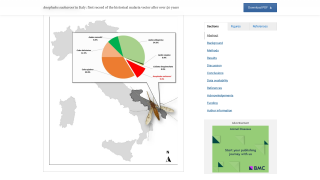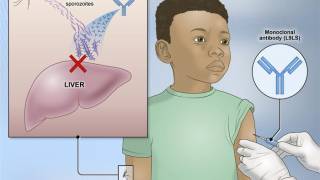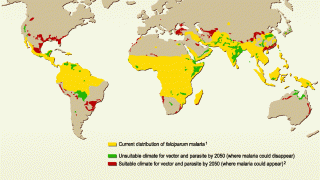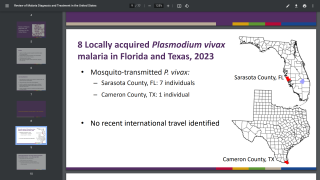Malaria Medicine Approved Based Upon Successful Clinical Trial

The Food and Drug Administration announced good news in a Snapshot regarding the GSK malaria medication named Krintafel (tafenoquine).
The FDA approved Krintafel for use on July 20, 2018, based primarily on evidence from a Phase 2 clinical trial of 522 patients with Plasmodium vivax malaria.
This study’s results showed more patients who received Krintafel plus chloroquine (a drug approved for the treatment of acute malaria) were free of disease after 6 months, in comparison to the patients who received placebo drug plus chloroquine.
Plasmodium vivax malaria is a serious disease of the blood that is spread by mosquitoes infected by a parasite, called Plasmodium vivax.
Krintafel is a medication used to prevent relapse of malaria caused by the parasite, Plasmodium vivax. It is used in patients 16 years of age and older, who are already receiving medicine to treat acute Plasmodium vivax malaria infection.
The use of a medicine that targets the dormant liver forms of the parasite, co-administered with currently available anti-malarials such as chloroquine or artemisinin-based combination therapies is known as a radical cure.
Dr. Hal Barron, Chief Scientific Officer, and President of Research and Development, GSK, said: “Today’s approval of Krintafel, the first new treatment for Plasmodium vivax malaria in over 60 years, is a significant milestone for people living with this type of relapsing malaria.
This news is important since Plasmodium vivax represents 50-80 percent of all malaria cases in South-Asia, South-East Asia, Latin America and the Horn of Africa.
The disease is estimated to cause around 8.5 million clinical infections every year.
The clinical features of P. vivax malaria include fever, chills, vomiting, malaise, headache and muscle pain, and in some cases, can lead to severe malaria and be fatal.
Additionally, certain women should speak with a healthcare provider regarding Krintafel before use.
Approximately 37 percent of malaria cases in the USA occur in women, including 5–6 percent who are pregnant at the time of infection, says the FDA.
Krintafel is contraindicated in breastfeeding women when the infant is found to be G6PD deficient or the G6PD status of the infant is unknown. A woman with a G6PD-deficient infant or if the G6PD status of the infant is not known should not breastfeed for 3 months after the dose of Krintafel, says the FDA.
This new medication is important since the Centers for Disease Control and Prevention (CDC) often suggest international travelers include malaria in their Travel Health Kits.
The risk for acquiring malaria differs substantially from traveler to traveler and from region to region, even within a single country. For specific country-based malaria information, please visit this CDC website.
Our Trust Standards: Medical Advisory Committee

























